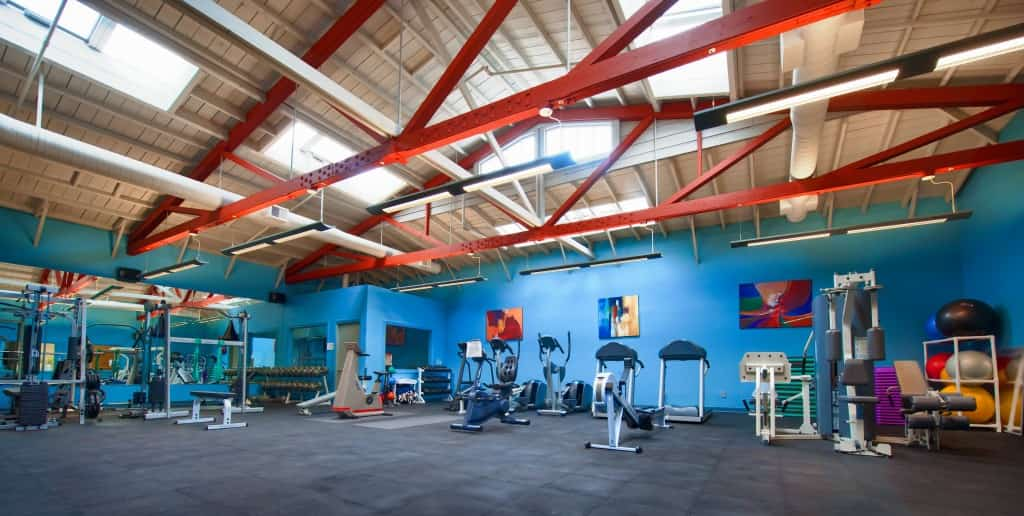Sometimes an addiction intervention is the only way to get a loved one into treatment. Often, the individual’s denial and minimizing of their drug or alcohol problem prevent them from taking the necessary steps to get the help they need.
What Is an Addiction Intervention?
An addiction intervention is a planned, caring confrontation designed to raise the substance abuser’s awareness of their addiction and to get them into treatment before they hit “rock bottom,” which, for many, has tragic consequences.
For many years, the common thinking was that someone addicted to drugs had to reach bottom and call out for help before anything could be done for them. Nothing could be further from the truth. An intervention can raise that bottom so that the addict doesn’t spiral further toward self-destruction.
Do Addiction Interventions Benefit Family Members?
Addiction is a family disease, which means that significant others suffer a great deal as the substance abuse accelerates and the consequences become more severe. Intervention supports the family in identifying and discontinuing the behaviors that contribute to the sickness of the addict and the family system. Recovery for the whole family is the ultimate focus of an addiction intervention.
What Types of Addiction Interventions Are There, and How Do They Work?
Addiction interventions may be done in the “Johnson Model,” which employs the surprise tactic, or the “Systemic Model,” which is described as an invitational model. Our clinical staff can help you determine which model will be most appropriate for your situation.
Interventions are best conducted by teams consisting of one or two intervention specialists and people who have personal relationships with the addict. Teams often include not only family members but also concerned friends, employers, health care providers, clergy and other influential, concerned individuals.
In the Johnson Model, team members compile lists of specific incidents in which the addict’s behavior embarrassed or hurt them. Prior to the actual intervention they meet one to three times without the addict present to practice presenting this material to the addict. Their choice of words is critical. They learn how to describe each event in great detail but without blame or judgment. They need to convey that the addict is not a bad person but an out of control person who needs help.
On the specified date and time with the addict present, they express their concerns and the desire for him/her to seek treatment. They are also assisted in identifying realistic consequences that will occur if the addict refuses treatment.
In the Systemic Invitational Model, the addict is informed in advance that the family has hired a professional interventionist and the dates and times the intervention will occur, with or without the addict present. This model provides education and support to the entire family system by identifying the signs and symptoms of the disease of addiction, behaviors that support the addiction, and plans of action to get into recovery.
Each intervention process is helpful in teaching families to draw boundaries, express their needs and take care of themselves. An intervention will change the family dynamics by speaking directly to the problem in a healthy and direct manner.
How Can Bayside Marin Help?
You can perform an intervention on your own, but it’s not easy and if not done correctly can cause more problems. It is strongly suggested that you enlist the help of a professional interventionist.
We can arrange an addiction intervention for your loved one and make referrals to reputable interventionists in your area. In using our intervention service, it is not required that the client attend treatment at Bayside Marin.









